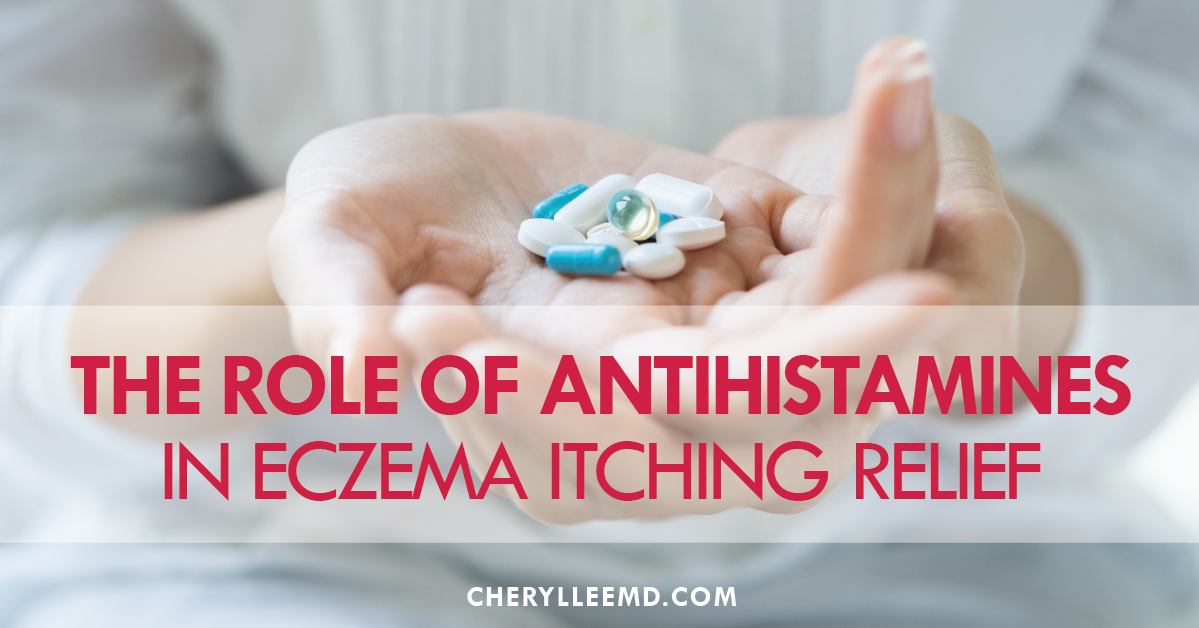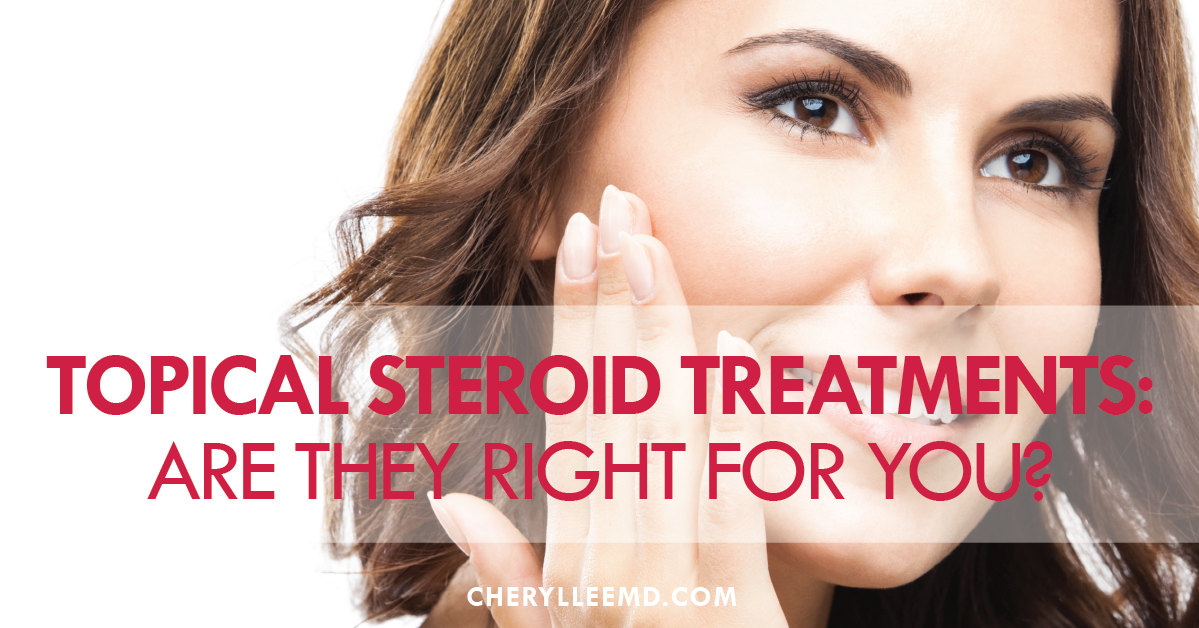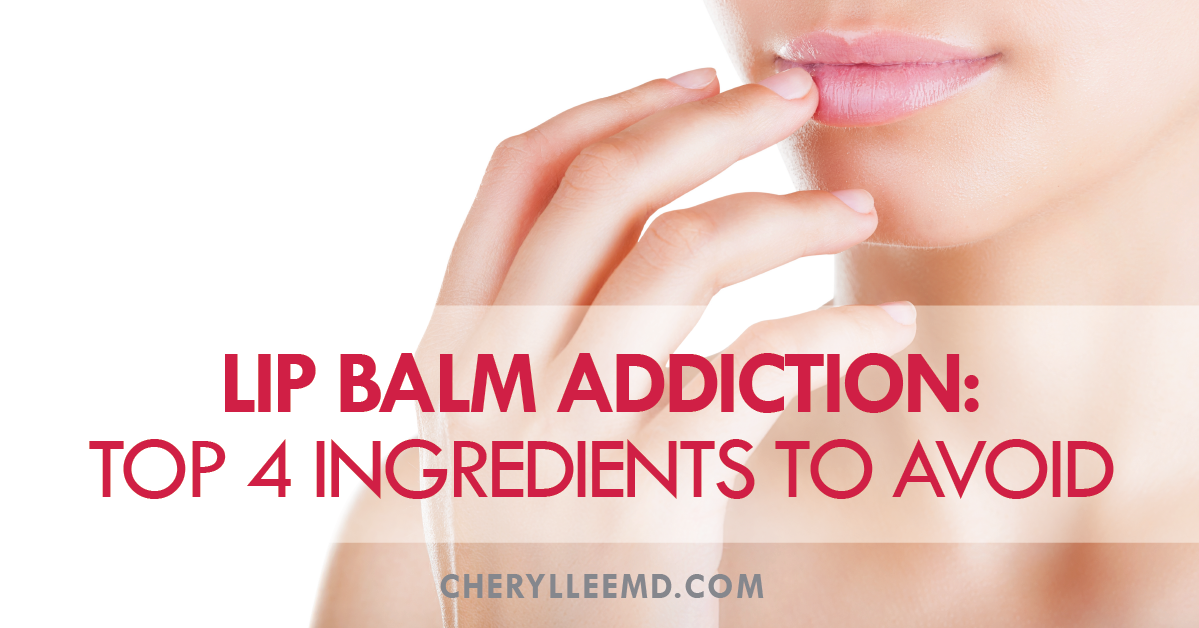Do you have eczema in your ears? You could be allergic to your hearing aids.
Ear dermatitis before and after: One of our customers recently asked us a question about eczema in the ears when wearing hearing aids. The eczema started AFTER starting the use...












